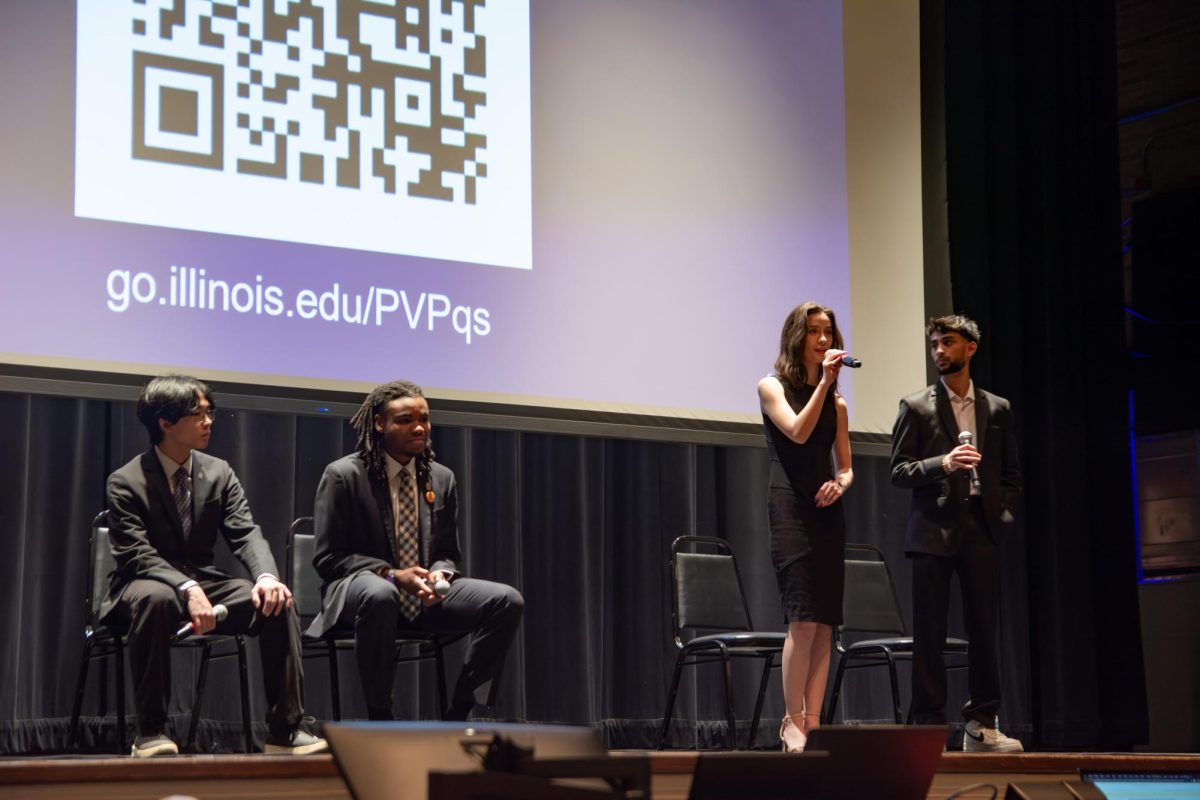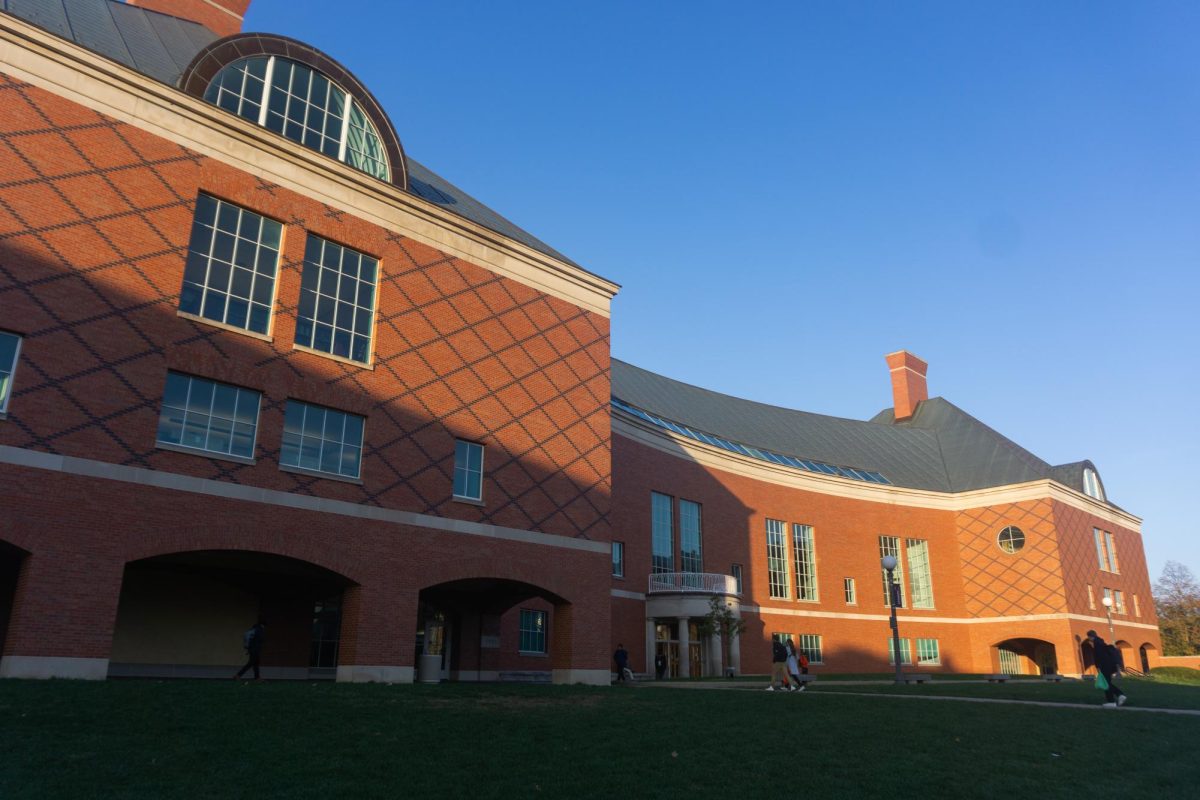Last updated on Sept. 5, 2023 at 02:49 p.m.
Love them or hate them, as part of a University education, most students need to take general education courses on campus to fulfill the requirements set forth by their respective colleges.
The requirements established by each college are slightly different, but all majors require at least one course that falls under each of seven different categories, according to the University website.
The courses that fulfill these requirements span departments from foreign language and graphic design to computer science and chemistry, so they often push students to take courses that do not correspond to their majors.
Some students, like Emma Rose Schnitzler, sophomore in ACES, see general education courses as an opportunity to explore new ideas and expand academic horizons.
Get The Daily Illini in your inbox!
“I personally think gen eds are really important,” Schnitzler said. “My dad is an educator, so I’m just one of those people that thinks if you’re a STEM major, it’s really important that you understand that humanities work is also hard, just in a different way — and vice versa.”
According to the University website, the courses that fulfill general education requirements are intended to expose students to perspectives that otherwise wouldn’t be accessible to them in their major-specific classrooms.
“Gen ed requirements cover the kinds of knowledge all students should have,” the website explains. “These courses build students’ abilities to think critically, solve problems, generate new ideas and create knowledge, make connections between academic disciplines, respect and understand differences and develop as citizens and leaders.”
While some students express support for these requirements, others believe that if a course is not directly preparing them for a career, it is essentially a waste of time.
“I’ve heard gen eds make people more well rounded, but I don’t really understand what that means,” said Conor Deblin, senior in Engineering. “I feel like when you go to college, you study something specific and that’s the point of going to college. I think they’re pretty dumb and take time away from classes to try to do well with.”
Deblin said that some general education courses are informative and interesting, but that others are needlessly difficult or time consuming.
“I really liked Music 132 because it was very easy and it was just something I had to make up credit hours for hard classes,” Deblin said. “I didn’t like Global 100 — there was a lot of work and I just didn’t learn much. It felt like a lot of busy work.”
Brad Palagi, Engineering class of 2023, said that the University should do away with the requirements altogether.
“I think they should get rid of it — technical classes are always going to be more valuable in terms of (your education),” Palagi said. “(General education courses) have some value — in terms of kids having a bunch of debt. It’s like paying for a bunch of garbage classes.”
According to Emma Wasilewski, sophomore in LAS, the negative emotions that can arise from taking a course outside of your major are likely symptoms of being pushed out of your comfort zone.
“You’re getting a wider range of education and information — and you’re being pushed out of your comfort zone by taking classes that don’t necessarily go with your major,” Wasilewski said. “It’s forcing us to think about things from multiple different perspectives and get more in-depth.”
An individual’s attitude toward their general education requirements could depend on whether or not they end up enjoying the course. Kusa Park, FAA class of 2023, said that general education courses can be fun if you choose them with the right mindset.
“I think my favorite gen ed by far had to be ice skating,” Park said. “It’s like a short eight week course that just starts you from the top — it’s a lot of fun and you learn so much in those eight weeks. The professor is really chill. There’s work, but, like, it’s not much. But if you miss classes, you don’t get as good at ice skating, right?”
Ultimately, general education requirements are just that: requirements. Whether you see a point in them or not, they bring the campus community together.
“We’e all learning different things, but we’re still here taking this class together,” Wasilewsky said. “We’re all sitting at the same table and we’ve got this class to take — we might as well just get along and learn about what (others) are doing in school too.”










